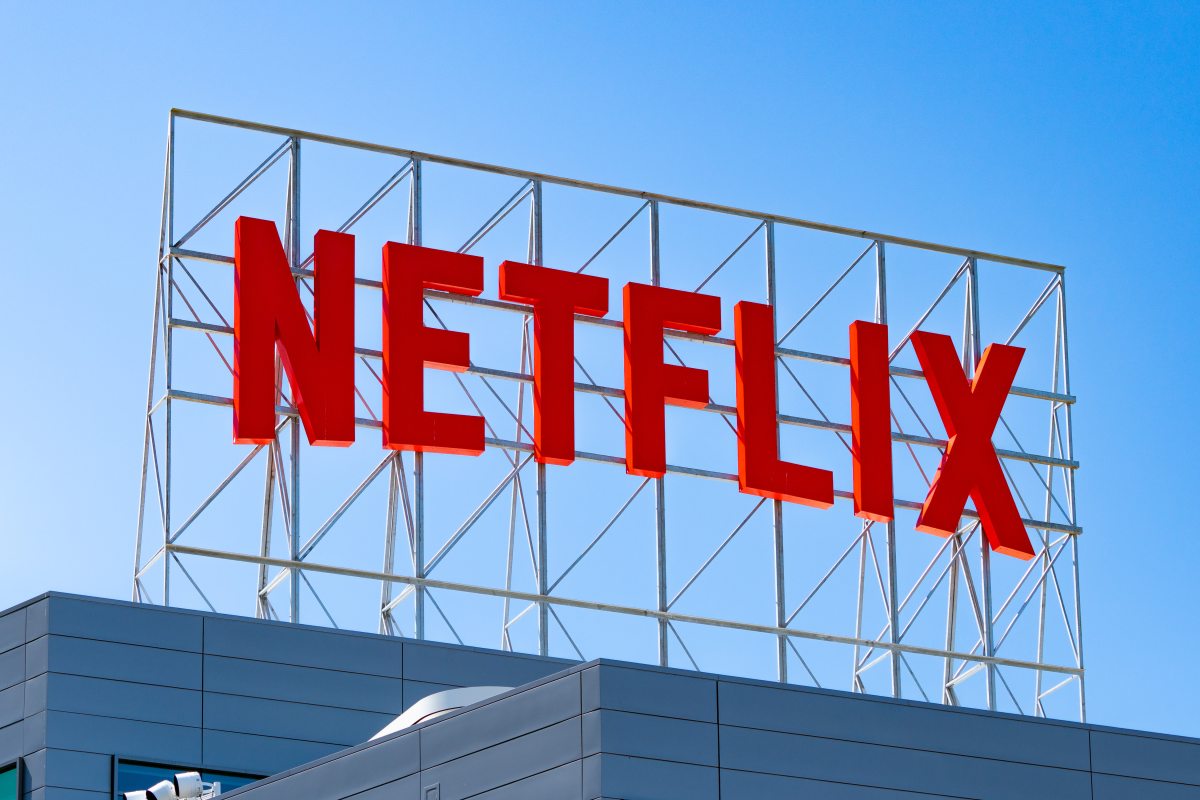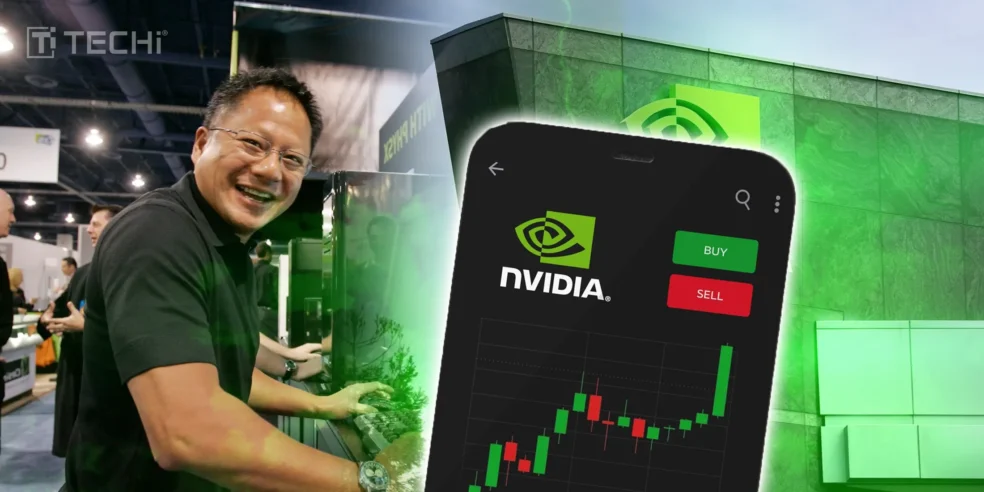全部新闻
我参加了 24 小时“vibe 编码”黑客马拉松并帮助构建了一个应用程序 – 以下是我最大的收获
CNBC 记者 Ernestine Siu 在新加坡参加了由 OpenAI、Cursor、Anthropic 和 Google DeepMind 等主要科技公司赞助的由人工智能驱动的 24 小时“vibe 编码”黑客马拉松。来自不同背景的 400 多名参与者创建了大约 150 个项目,其中包括一款支持 AI 的生产力应用程序,可以迫使用户完成任务,以及一款让合规视频更具吸引力的企业培训工具。获胜者开发了一款人工智能白板工具,奖金超过 39,000 美元。组织者旨在重振新加坡的建筑商社区,并指出人工智能的进步如何使非技术人员更容易构建科技产品。

娱乐业仍存在分歧,Netflix 全力进军生成式人工智能TechCrunch
根据Netflix最新的财报,Netflix正在采用生成式人工智能来增强创造力,而不是取代它。该公司将人工智能视为提高创作者效率的工具,但强调精彩的故事讲述仍然是人类艺术家的领域。Netflix 已经在《The Eternaut》和《Happy Gilmore 2》等制作中使用了 AI,首席执行官 Ted Sarandos 表示相信 AI 能够帮助更好、更快、创新地讲述故事,而无需仅仅追求新颖性。尽管业界(尤其是艺术家和 SAG-AFTRA)越来越担心人工智能对就业的影响,但 Netflix 仍然看好人工智能的潜在好处,同时也承认对内容创作者的潜在影响。

电视偶像去世两年后,苏珊娜·萨默斯 (Suzanne Somers) 的丈夫创造了人工智能克隆人:“你无法区分。”太神奇了’
女演员兼健身偶像苏珊娜·萨默斯 (Suzanne Somers) 于 2023 年 10 月去世,其鳏夫艾伦·哈梅尔 (Alan Hamel) 透露了已故妻子的人工智能克隆技术的开发成果,用于与粉丝进行在线互动。“Suzanne AI Twin”接受了萨默斯书籍和采访的培训,可以准确回答观众的问题。Hamel 表示,该项目的灵感来自 Somers 本人,旨在通过 SuzanneSomers.com 上的 24/7 聊天机器人提供健康信息,其中的回复直接来自医学专家。

我们正处于人工智能泡沫之中吗?以下是分析师和专家的说法
科技行业正在努力解决当前人工智能(AI)繁荣是否会导致泡沫的问题。目前有超过 1,300 家估值超过 1 亿美元的人工智能初创公司和 498 家人工智能“独角兽”,人们担心过度支出和投机性估值。亚马逊、Meta 和微软等公司正在大力投资数据中心,这与互联网时代和 2008 年金融危机等过去的经济泡沫进行了比较。然而,一些专家认为当前投资背后有强劲的需求和技术进步。首席执行官和行业分析师的意见分歧很大,一些人认为这笔支出对于未来人工智能领域的领导地位是必要的,而另一些人则警告称,估值过高和投机性投资模式可能会出现泡沫。

独家:消息来源:多模式人工智能初创公司 Fal.ai 估值已达 4B+ 美元
Fal.ai 是一家提供图像、视频和音频人工智能模型的初创公司,已完成新一轮融资,公司估值超过 40 亿美元,筹集了约 2.5 亿美元。主要投资者包括凯鹏华盈和红杉资本。Fal 的增长与多模式人工智能应用程序(尤其是基于视频的应用程序)不断增长的需求密切相关。该初创公司提供 600 多种模型,并拥有针对速度进行优化的广泛云基础设施。投资者强调 Fal 对媒体特定人工智能的关注是其关键竞争优势。

一名老妇在门廊喂熊的随身摄像机视频在网上疯传:真实的还是人工智能的?
最近一段火爆的视频显示,一名老妇人在自家门廊喂一只大熊,该视频是从警察随身摄像机的角度拍摄的,该视频在 TikTok 上的观看次数已超过 4400 万次。这段视频最初被认为是真实的,但实际上是使用 Sora 生成的,Sora 是一款使用 OpenAI 创建 AI 内容的应用程序。导演杰里米·卡拉斯科重点介绍了识别此类虚假视频的方法,包括检查视频质量、剪辑中的不一致之处以及检查源帐户的历史记录。他还指出,继最初的喂熊视频获得成功后,类似的人工智能生成的视频在社交媒体上激增。
:max_bytes(150000):strip_icc():focal(908x489:910x491)/elderly-lady-with-bear-tout-102125-18653a2b46e247ec9d3b8806f22b8204.jpg)
“人工智能大赢家”?英特尔股票(纳斯达克股票代码:INTC)在新的投资前提下上涨 - TipRanks.com
在微软决定在英特尔代工工厂生产芯片后,英特尔(INTC)作为人工智能领域的潜在主要参与者重新受到关注,尽管在人工智能芯片受欢迎程度方面历来落后于竞争对手。这一发展为英特尔带来了巨大的增长机会,并增强了投资者的信心。此外,有关 Panther Lake 系列芯片的新泄漏表明板载图形性能有所提高,尽管它可能尚未取代完整的 GPU。尽管有积极的迹象,华尔街分析师仍对 INTC 股票给予持有评级,鉴于最近的价格上涨,指出了潜在的下行风险。

Nvidia 2026 年股票预测:增长、挑战和估值展望
英伟达公布的 2026 财年第二季度营收为 467 亿美元,连续第九个季度同比增长超过 50%,尽管与前几个季度相比出现了放缓迹象。尽管基本面强劲且指导乐观,但由于影响其中国业务的监管限制以及影响市场份额的地缘政治紧张局势,人们仍感到担忧。英伟达对人工智能公司的投资和循环融资机制引发了人们对潜在基础设施压力的猜测,但也凸显了亚马逊、微软和谷歌等超大规模企业的持续需求。预测 Nvidia 到 2026 年底的估值具有挑战性,分析师建议根据数据中心和人工智能领域当前的增长趋势保守估计每股 270 美元左右。尽管存在“人工智能泡沫”担忧,英伟达仍然是科技 ETF 和标准普尔 500 指数的组成部分,将其定位为更广泛市场表现的关键指标。

我和一只价值 430 美元的人工智能宠物 Casio Moflin 一起生活了一个月。TechCrunch
TechCrunch 收到了一款支持人工智能的 Casio Moflin 宠物进行审核,引发了对其价值和潜在隐私问题的质疑。这款价值 430 美元的小工具旨在随着时间的推移从交互中学习,在第 25 天时与用户形成一种依恋,并在第 50 天时形成“清晰的情绪范围”。虽然 Moflin 的动作看起来很逼真,但评论家发现其人工智能功能与早期预期相比有限。用户通常会喜欢这种新奇的东西,但会质疑其高价位。该设备提供了一个不带评判性的伴侣,无需承担现实生活中的宠物责任,特别适合那些对实际动物护理持谨慎态度或寻求孤独替代品的人。

Bitfarms 大规模 AI 筹款将其推向 IREN、Hut 8 路径
Bitfarms Ltd.(纳斯达克股票代码:BITF)正在从比特币挖矿扩展到高性能计算 (HPC) 和人工智能数据中心,通过可转换票据发行和项目融资筹集了 8 亿美元用于转型。该公司的 350 兆瓦 Panther Creek 园区旨在为支持人工智能浪潮的大规模工作负载提供服务,使 Bitfarms 到 2026 年底成为美国数据基础设施的关键参与者。此举是继同行 IREN Ltd. 和 Hut 8 Corp. 成功采用的多元化战略之后,这两家公司从类似的转型中获得了显着的财务收益。BITF 股票上个月上涨了 70% 以上,反映出投资者的乐观情绪。

